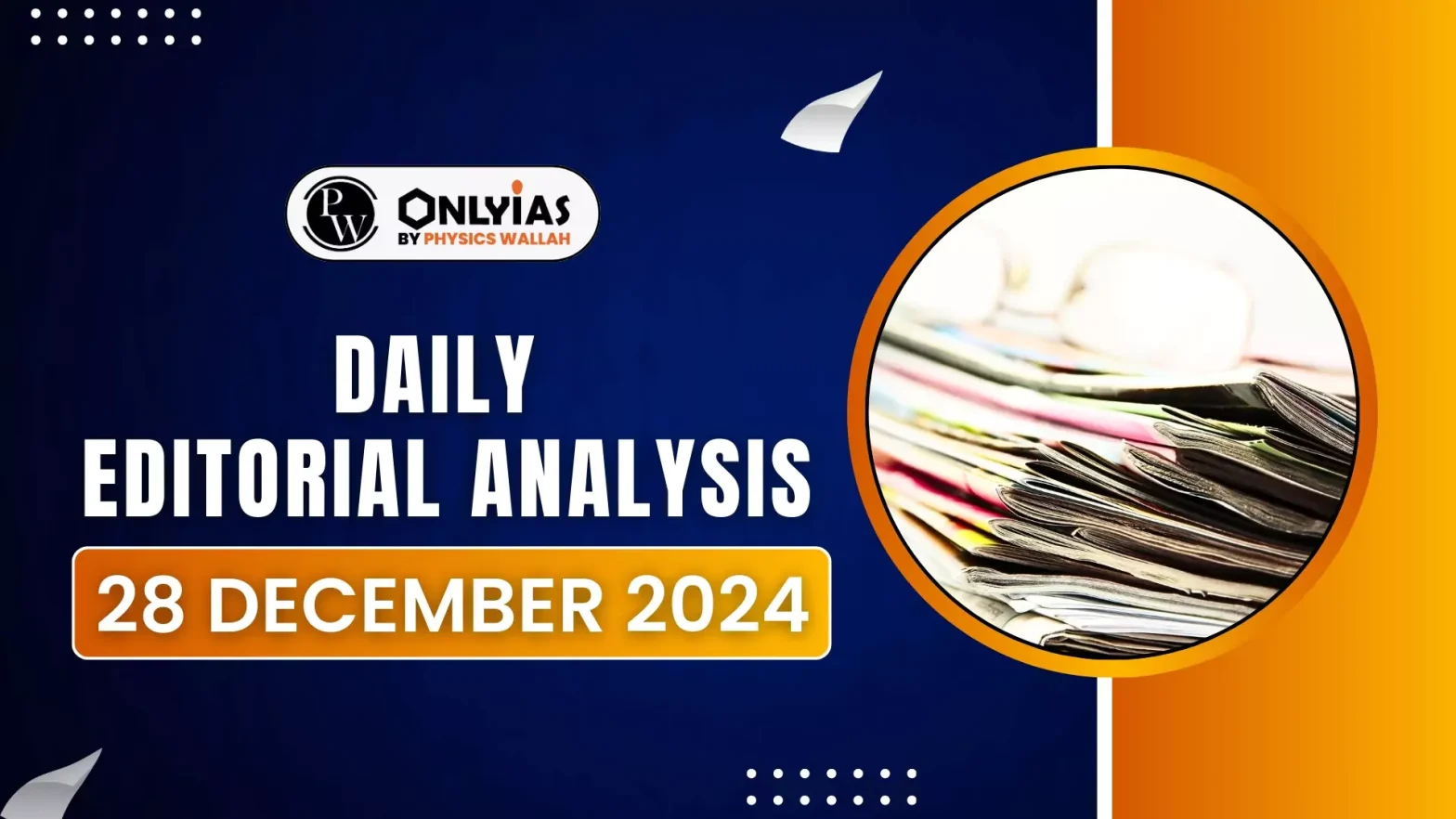Reforms like Continuous and Comprehensive Evaluation (CCE) and the ‘no detention’ policy up to Class 8 were introduced to relieve the pressure of final exams and focus on a holistic approach to student development.
School Education Reforms and Challenges
- Continuous and Comprehensive Evaluation (CCE): The CCE aimed to evaluate students’ progress in a continuous manner throughout the year, rather than relying on a single final exam.
- Objective: This approach was meant to assess a child’s overall development, including both academic and non-academic achievements, through periodic evaluations.
- Implementation: It was implemented from Class 6 onwards, focusing on reducing exam-related stress and fostering a more rounded educational experience.
- ‘No Detention’ Policy: The ‘no detention’ policy up to Class 8 meant that students could not be held back or detained in a grade, regardless of their academic performance.
- Objective: This was intended to promote a pressure-free environment in schools, ensuring that children did not face the stigma of being retained due to poor academic results.
Enroll now for UPSC Online Course
| The Right to Education Act, 2009 (RTE Act) was enacted in 2009 to implement Article 21A of the Constitution of India, which was added by the 86th Constitutional Amendment Act of 2002.
Article 21A guarantees the right to education as a fundamental right for children between the ages of 6 and 14 years. |
- Gaps in Learning Outcomes: Despite these reforms, a significant number of students passing out of primary school still lack foundational numeracy and literacy skills.
- This gap in learning outcomes persists into middle school, with many students not catching up by the time they leave.
Shift in Policy
- Revoking No Detention Policy: In 2019, the government decided to revoke the no detention policy and allow states the discretion to retain or promote students based on their performance. Along with this, the CCE system was also abandoned.
- However, the COVID-19 pandemic disrupted education, making it impossible for schools to implement any form of detention or assessment.
- New Policy by the Ministry of Education: In response to the learning gap, the Ministry of Education recently issued a notification mandating final examinations at the end of Class 5 and Class 8.
- The exams will assess a child’s competence, and if a child is found to be lacking, additional instruction will be provided. If the child fails again after two months of remedial teaching, they will be detained.
- The policy also emphasizes that no child should be expelled before completing elementary education.
- Rationale Behind the Policy Change: With an emphasis on creating an educated, capable, and skilled population, the government aims to ensure that students are equipped to contribute to the nation’s demographic dividend.
Challenges and Concerns
- Implementation Challenges for States: While CBSE-affiliated and private schools may have the resources to implement the new policy effectively, the policy could become a political issue for some states, where there are varying levels of resources and infrastructure. There are concerns about how well-equipped state-run schools are to handle these assessments and remedial measures.
- Safeguards for Private Schools: Private schools must ensure that the new policy is not misused to expel students who are performing poorly. Safeguards will be necessary to prevent this from happening, particularly in schools that may prioritize financial or academic outcomes over student welfare.
- Does Not NEP’s Alternative Approach: The National Education Policy (NEP) 2020 emphasizes formative assessment over summative assessment. It envisions a 360-degree, multidimensional progress report that highlights a student’s individual progress and unique qualities.
- The new detention policy does not reflect the NEP’s spirit.
Check Out UPSC Modules From PW Store
Collective Responsibility
- Education is not solely the responsibility of the state; it is a collective responsibility of the community and society as a whole.
- If the community is not actively engaged in monitoring students’ learning outcomes or advocating for better systems in schools, then it represents a failure of society.
- One powerful tool in ensuring this collective responsibility is the practice of social auditing. Social auditing involves the active participation of the community in evaluating and monitoring the quality of education.
Conclusion
A more balanced approach that includes continuous assessments, alongside targeted interventions for struggling students, may be necessary to truly improve learning outcomes and align with the broader goals of the NEP.
![]() 28 Dec 2024
28 Dec 2024
